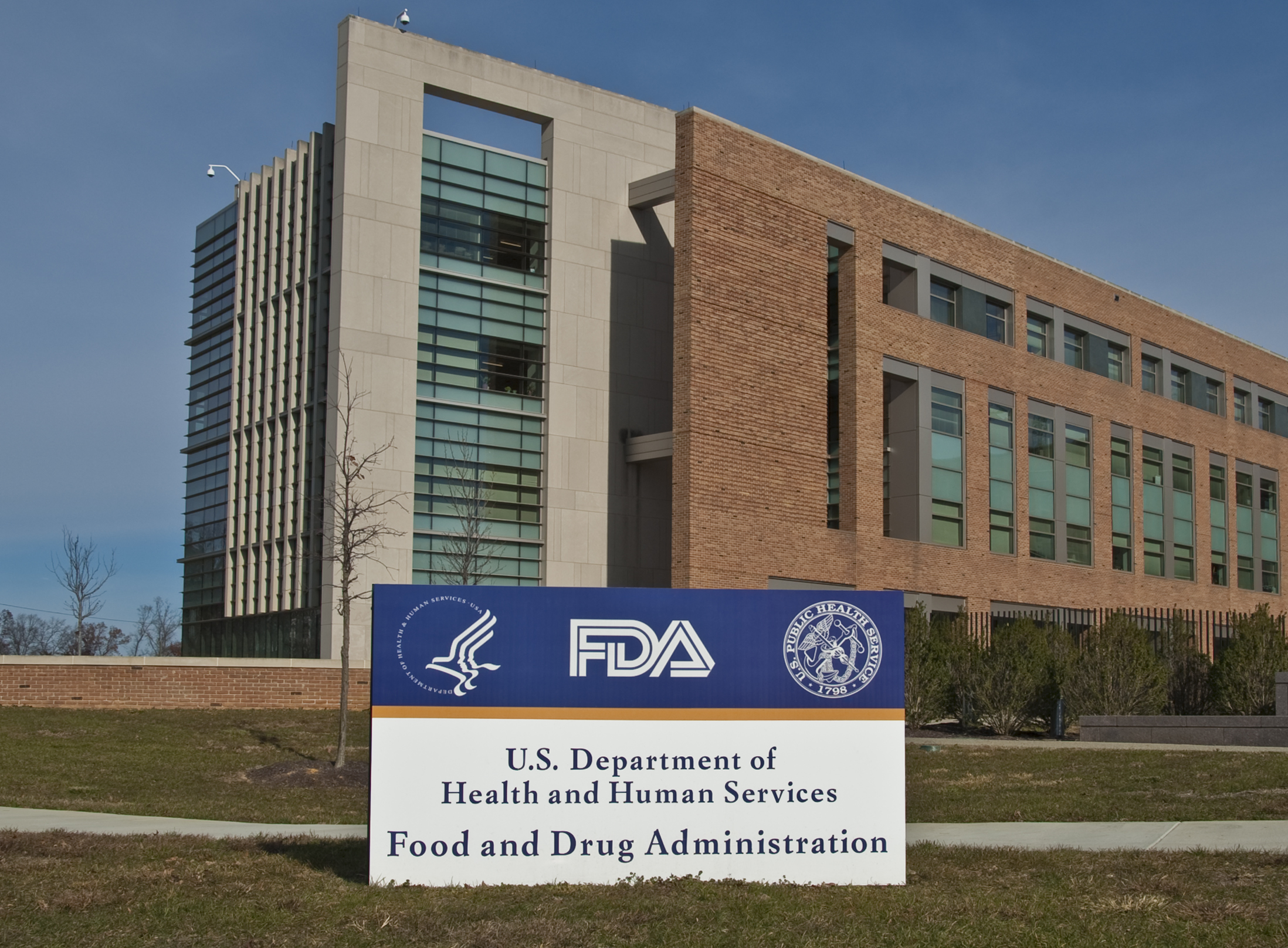Janssen’s depression drug gains second breakthrough status

The FDA has granted breakthrough therapy designation (BTD) to Janssen’s esketamine as a treatment for major depressive disorder in patients with imminent risk for suicide.
If approved by the FDA, esketamine would be one of the first new approaches to treat major depressive disorder available to patients in the last 50 years.
Esketamine is still in clinical trials, and the new BTD is its second – the US regulator first granted the designation for treatment-resistant depression in November 2013.
The FDA decision also marks a continuing broadening of drugs marked out for the fast track status, which focused primarily on cancer drugs and rare disease treatments when the scheme was first launched in 2013.
Janssen (the pharma arm of Johnson & Johnson) says phase 2 clinical trial data presented in May at the Society of Biological Psychiatry annual conference in Atlanta, Georgia, provided preliminary clinical evidence to support this latest BTD.
“In the US alone, there are more than 41,000 suicides each year, many of which result from untreated or poorly treated major depression," said Husseini K. Manji, MD, Global Head, Neuroscience Therapeutic Area, Janssen.
"This designation reinforces the potential of esketamine as a novel treatment for patients with major depressive disorder who are at imminent risk for suicide, a condition for which there currently is no approved treatment and which represents a major public health challenge. We are currently conducting clinical trials to further evaluate the clinical benefit of esketamine and look forward to working closely with the FDA throughout the development and review process to bring this important potential new therapy to patients in critical need."
Another pipeline treatment in the same therapy which has also received BTD status is Allergan’s rapastinel (GLYX-13). The molecule received a designation for adjunctive treatment of Major Depressive Disorder (MDD) in January this year.










